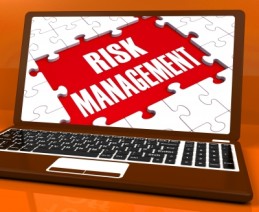In the most general terms, “risk communications” takes place before something actually happens. According to emergency management expert Dr. Jeff Rubin, “In the preparedness business, engaging the public is a necessity and a challenge. Effective risk communication includes identifying audiences and understanding how they perceive the messages we broadcast. With that in mind, with tongue […]

[by Nora Jacobs] Over the years, we’ve spoken to countless clients about the crisis threats their organizations might face. Many willingly accept that their business might be struck by an act of God — tornados, floods and fires most often come to mind. But a surprisingly large number of clients seem to feel immune to […]
[by Bruce Hennes] According to Reputation Dividend, a company that helps quantify the economic value of reputation for publicly held businesses, few CEOs would argue that their corporate reputation isn’t one of their company’s most precious assets. Giving thought to the difference between ‘brand’ and ‘reputation,’ Sandra Macleod writes, “The value and importance of a […]
[by Nora Jacobs] Tornados…active shooters….explosions and fires…workplace fatalities…leaks of toxic chemicals. Given the wide range of catastrophes, accidents and attacks that threaten organizations of almost any size these days, wise management teams have taken the time to put together detailed emergency response plans. Those plans typically describe the procedures, people and resources to be deployed […]
[by Howard Fencl] When a crisis significantly impacts reputation or stock price, when the magnitude of crisis is significant enough to bring business to a halt – your key internal and external audiences expect to hear directly from the CEO. But what if your CEO is a poor communicator? An extreme example: Edward Burkhardt, the […]


